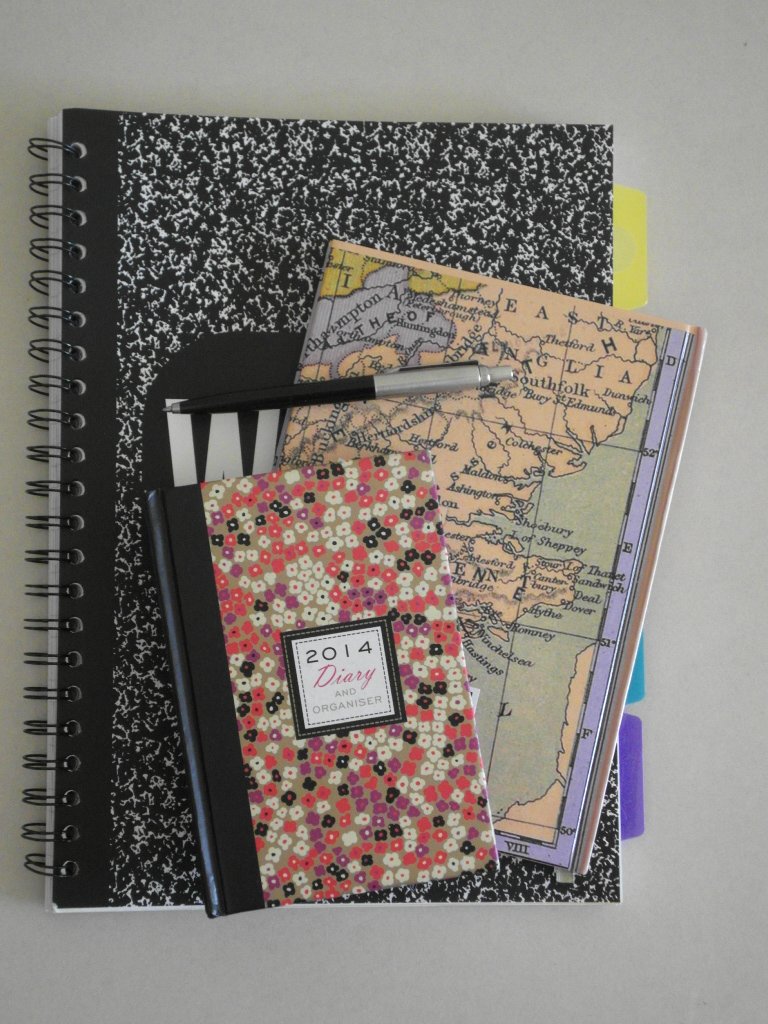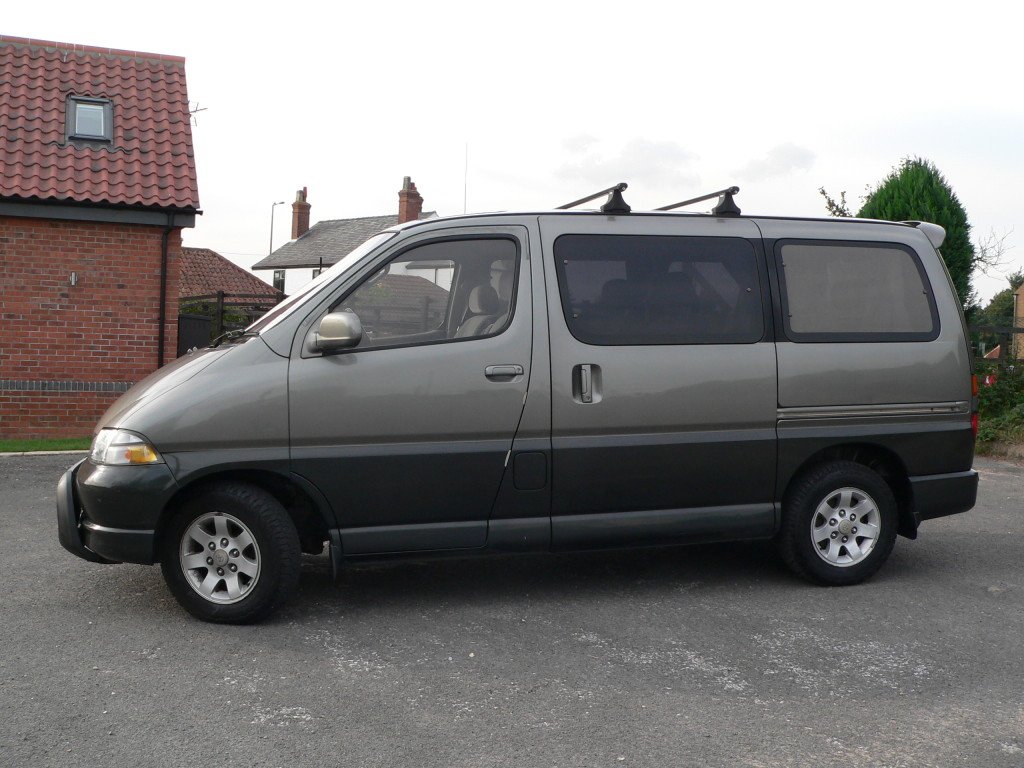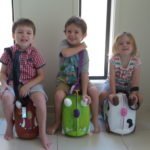 Sorry for another long silence. I can’t believe how busy we’ve been since arriving in Australia six weeks ago. I’m really hoping that things calm down in the next couple of weeks as I’m totally exhausted. I’ve got a few more family emigration blog posts to get out of my system before I get back to blogging about the usual family/travel/lifestyle things, so if you aren’t interested in moving abroad with your family, please bear with me! It seems like a waste to go through something so epic and not document it all in an ’emigration to do list’ to help out anyone who is doing it after me. I know how much I relied on the information in other blogs to get through it myself.
Sorry for another long silence. I can’t believe how busy we’ve been since arriving in Australia six weeks ago. I’m really hoping that things calm down in the next couple of weeks as I’m totally exhausted. I’ve got a few more family emigration blog posts to get out of my system before I get back to blogging about the usual family/travel/lifestyle things, so if you aren’t interested in moving abroad with your family, please bear with me! It seems like a waste to go through something so epic and not document it all in an ’emigration to do list’ to help out anyone who is doing it after me. I know how much I relied on the information in other blogs to get through it myself.
Family emigration: Where are we now!
I’ve been adding daily updates to my Facebook page and pictures to my Instagram account, so you can see what we’ve been up to on there, but here’s a little outline of all the things we’ve achieved since we landed (in no particular order)…we’ve got Medicare cards, transferred our driver’s licenses over, bought two cars, set up our bank accounts, got PAYG sim cards for our phones, got Tax File Numbers and an Australian Business Number for me, found jobs (hubby is in a casual role working for an airline and I’ve just accepted a regular freelance blogging contract), we’ve explored areas and found a house to rent in our favourite suburb, we’ve moved into our new house and have started replacing the things we gave away/sold/threw away in the UK like cleaning and gardening equipment, we’ve borrowed enough camping gear from some new friends to keep us going until our delayed container arrives, we’ve picked the school where the boys will start their ‘prep’ year in January, the boys have started kindy two days a week and are already making friends, we’ve booked E into nursery at the same place to start in February two days a week, we’ve set up utilities in our new house, we’ve applied for various family benefits (the equivalent to child benefit/tax credit in the UK) and have managed to squeeze in a few fun family days out in between. And the most important thing is we’ve celebrated the boys’ 5th birthday! Phew. I think we’ve all had enough of the admin but we’re not quite there yet – we’ve still got to unpack our things when the container arrives in a few days (hopefully), sort out health insurance, contents insurance, find an accountant, sort out a doctor and dentist and give some UK businesses like pensions/life insurance our new address. But our to do list is definitely getting shorter by the day, or it would be if I didn’t keep adding new things to it all the time!
Emigration checklist
This first emigration ‘to do’ list is a list of all the things we did on the run up to leaving the UK. This is why our last three months were so hectic! If you’re planning a big move yourself, grab your notebook, pen and a cuppa and see what you’ve got to look forward to. You can also check out my guide to shipping your belongings abroad as this contains all of the tips and tricks I could think of after packing our entire house into a 20ft container.
Emigration: 3 months to go
Research bank accounts in Australia and open one ready for transferring money.
Research currency brokers and sign up to accounts with three so you can get quotes when ready. Forums are a good place to look for recommendations.
Make sure any new passports you apply for are linked to your visa. (Ideally do this earlier than three months. My new passport didn’t come back until about eight weeks before we travelled and then I forgot to do it. I ended up phoning my migration agent in panic about three weeks before we travelled and she gave me an email address to contact about it. It was thankfully sorted out within two days but it could have messed up our plans if I hadn’t remembered or if I’d followed the instructions online about posting documents to Australia!)
Organise copies of medical notes from your doctor.
Organise copies of dentist notes.
Consolidate and cancel any bank accounts that aren’t needed.
Start to clear off and cancel any credit cards. (Just remember that whatever card you buy your flights on, make sure you KEEP THAT CARD even if you cancel it! You need to take it to the airport with you. Nobody told us this and we cut ours up as we’d closed the account. When I printed out our online boarding passes the day before our flight it said on there that you needed to take the original purchase card with you. I called Singapore Airlines and they assured me without it we wouldn’t be allowed to board the flight. Thankfully, I found the card statement in our things and we took that as proof. Nobody asked for it at the airport, but it was a terrifying couple of hours thinking we might not be able to fly.)
Finish going through the loft to work out what is coming and what is being sold/thrown away/given to charity/passed on to family.
Organise the shed and garage into what is coming and what is staying/being given away.
Start researching suburbs and rental prices online in more detail. (This is a very daunting task as cities like Brisbane have so many suburbs. It was easier for us as we knew we wanted to live next to a beach and within a commute of the airport and that limited our options as there aren’t many beaches here. You will only really know where you want to be when you land and start exploring, so don’t panic too much about knowing where you want to live before you arrive).
Start researching schools as this could have a bearing on the suburb you choose. Don’t rule out state or private until you’ve arrived and actually looked around them.
Keep an eye on the job market. (We found companies weren’t interested until we were in the country, but if you see something and you have a definite arrival date you might be lucky).
Find temporary accommodation for a month when you land. (Try to find somewhere central enough to be able to explore easily. Places further out are much cheaper but unless you want to view houses in that area you’ll spend a lot of time travelling and time is precious when you’re so busy – plus if you have kids, they won’t thank you for it!)
Research and book flights. (The earlier you can do this, the cheaper it will be. Find the cheapest place online, check with the airline direct and then call up some agents to see if they will discount it to save you a bit more. If you are travelling with children, make sure you book meals for them on the flight otherwise they’ll be given the same as you – we weren’t offered this and only found out when we got on the flight but it was too late then. Our kids weren’t impressed with their chicken curry when the kids near them had chicken nuggets.)
Research car seats to buy in Australia. If you have friends or family there, you could ask if they’d pick some up for you and meet you at the airport with them to save you hiring any. (You can’t use your UK car seat in Australia. You also can’t use travel booster seats which was a shame as we’d bought two to avoid having to hire some straight away for the boys. Australian seats tether to the back of the car seat and kids can’t travel in the front seat of a car unless every seat in the back is taken as well. If you have three kids like us, you need to make sure that your hire car can fit three car seats in the back as not all cars with three seats in the back have enough room.)
Plan goodbye parties. (Your friends and family will expect an opportunity to give you a good send off. My advice is to organise this for a month or so before you go – the last three weeks will be emotional and hectic so having it sooner is much easier on everyone).
Organise birthday presents for people in the UK for the rest of the year and leave them behind so you don’t need to worry about things when you land.
Request a credit reference from your bank. (We saw this on lots of emigration ‘to do’ lists when we were planning our move. Our bank wouldn’t do it as it wasn’t a service they offered, but it’s worth asking yours).
Consider whether to transfer pensions and what to do about any shares you hold. (It’s worth taking some professional advice on this and, if possible, looking at this six months ahead rather than leaving it to the last minute like we did).
Collate recent bank statements, bills and statements to take in your luggage so you’ve got reference numbers for bills in case you need to contact them from Australia.
Get your post redirected to a family member.
Take out emigration insurance for when you land. (We took out two months to give us some breathing space so we didn’t have to worry when we landed. Make sure it is emigration insurance or ‘one way’ insurance, as regular travel insurance won’t cover you).
Get a copy of your no claims bonus for your car insurance. (We didn’t need this for setting up our new policy, but it can’t hurt to bring it with you).
Consider taking on the services of a relocation company like Opal Relocations in Brisbane (if you use the code in the ad in my sidebar – KB10OFF – you can save 10% off their services and I will get a small fee for introducing you, so we both win.) They can meet you at the airport, help you find your way around, provide loads of advice and help you find property and schools. It will take a lot of stress off your shoulders.
Not a happy one, but think about your wills. What will happen to your kids if something happens to you when you’re abroad? You’ll need to set something up when you land but you want to have something in writing to cover you in the meantime. You’ll also need to discuss things with family so everybody knows your wishes.
Speak to your life insurance company to make sure you can keep your policy when living abroad. If not, you’ll need to set something up in Australia. (Ours was fine to keep running so long as it was paid from a UK bank account).
Book a dentist appointment as you don’t know when you’ll have time to go again for a while and it is likely to cost you a lot more over there if you need work doing.
If you take any regular medication, collect repeat prescriptions to keep you going for a while after the move.
Emigration to do list: The final countdown
Here’s the things we did in the last few weeks and days…
Cancel the following bills: Gas, electric, council tax, water, cable tv and broadband, phone, mobile phones (unless you want to keep them running until you land so people have a contact for you), bank accounts (you might need to keep one open for any bills), tax credits, child benefit, tv license, Inland Revenue (if self-employed like me, tell them you’re ceasing to trade and stopping NI payments – if you’re employed you will need to complete a tax form that might mean you get a refund due to overpaying tax in the financial year in which you’re leaving the country), home insurance, car insurance and roadside assistance (when you’ve sold your car), film subscriptions, any club memberships.
Sell your car. (We listed on Autotrader, eBay and Gumtree about 10 days before we travelled, and it sold the day before we left. We had arranged for a family member to try to sell if it didn’t sell in time as a backup plan. If you can, try to sell yours sooner and borrow a car for the last few weeks but as we’re a family of five with three car sears we needed our big vehicle until the last minute).
Print out a copy of the Medicare application form to take with you as you won’t have a printer when you land.
Take photocopies of your passports, birth certificates, marriage certificate and any important documentation. Take copies with you and leave a copy with a family member too.
If you need to, finish off your UK tax return for the previous financial year and remember you will also need to submit one for the current financial year when it is due, so keep all paperwork together.
Inform the school of your leaving date.
Book taxis at each end with any car seats necessary. (We didn’t want family seeing us off in the UK as we knew it would be too hard, plus we needed a minibus to help us take all our luggage, and we didn’t want to hire a car when we landed as we knew we’d be tired and stressed out after a long journey with kids.)
Book a hire car to collect a couple of days after landing. (We were too tired to explore for the first day or two, so we just walked around and explore the local area. Hiring it for two days after arriving saved us a few pennies.)
Print out your visa confirmation. (Although it is held electronically now, it’s amazing how many people ask to ‘see’ the visa’. You will need to show this as proof often so it’s worth taking a couple of copies.)
Sort out a forwarding address for pensions, shares, child trust funds etc.
Inform your UK bank and any credit cards that you’re moving abroad so they know to pass any payments you make through your cards abroad. (Although you will have an Australian bank account, it may take you a few days to pick up your bank cards and you might need money in an emergency.)
Transfer some money to your Australian bank account. If you’ve been watching the rates for the past few months you’ll know if it’s worth taking all or just part of your money with you now. You can also set up alerts to sweep your money over when the rate hits a certain point.
Update your CVs ready for the local job market and print off a few copies to take with you.
Plan what important documents you need to take in your hand luggage i.e. which items you can’t afford to lose if your case went missing.
Back up any photos and documents on portable hard drives (we took two) and keep them in a different place to your laptops.
Get your mobiles unlocked so you can use them with a local sim.
If you’re taking a buggy, give it a good clean as they may not allow it to enter the country if the wheels are dirty.
Get some Australian dollars to keep you going until you collect your bank cards.
Write a list of phone numbers and addresses for your accommodation and taxi company ready for when you land. Ditto leave a copy of contact numbers for where you’re staying with family back home.
Pack lots of fun things for your kids to do on the plane (this is going to be a whole other blog post, so look out for that!)
Do your best to plan in time to do some fun things with your family and friends and take lots of photos as these will form precious memories.
Moving abroad with your family is such a hard thing to do, both physically and emotionally. Write lots of to do lists, try to be organised and you will get through it!
Watch this space for part two of my to do list, which will cover all the things you need to sort out when you land!
Has this list been useful for you? Or can any other expats tell me if I’ve missed anything important?








Oh my gosh i feel like i need to take a sedative just reading that!
Glad you are getting sorted though and great news about sorting school and getting a job!! Amazing and the kids all look so happy 🙂 It clearly suits you all there which is a good bloody job! x
I could do with a sedative but am having to make do with vast quantities of Australian wine instead (it’s a hard life!) I’m so impressed we survived it all with three young kids in tow, but in the next few weeks things should really calm down so we can start enjoying our new life here. So far, it’s pretty incredible. And yes, you’re right – it’s a good job it suits us as I don’t think I could face moving back again after all this admin! xx
This is just epic. And although it fills me with fear I’m bookmarking it because I know we’ll need it sooner or later! Well done for getting through all that (and writing it all down too).